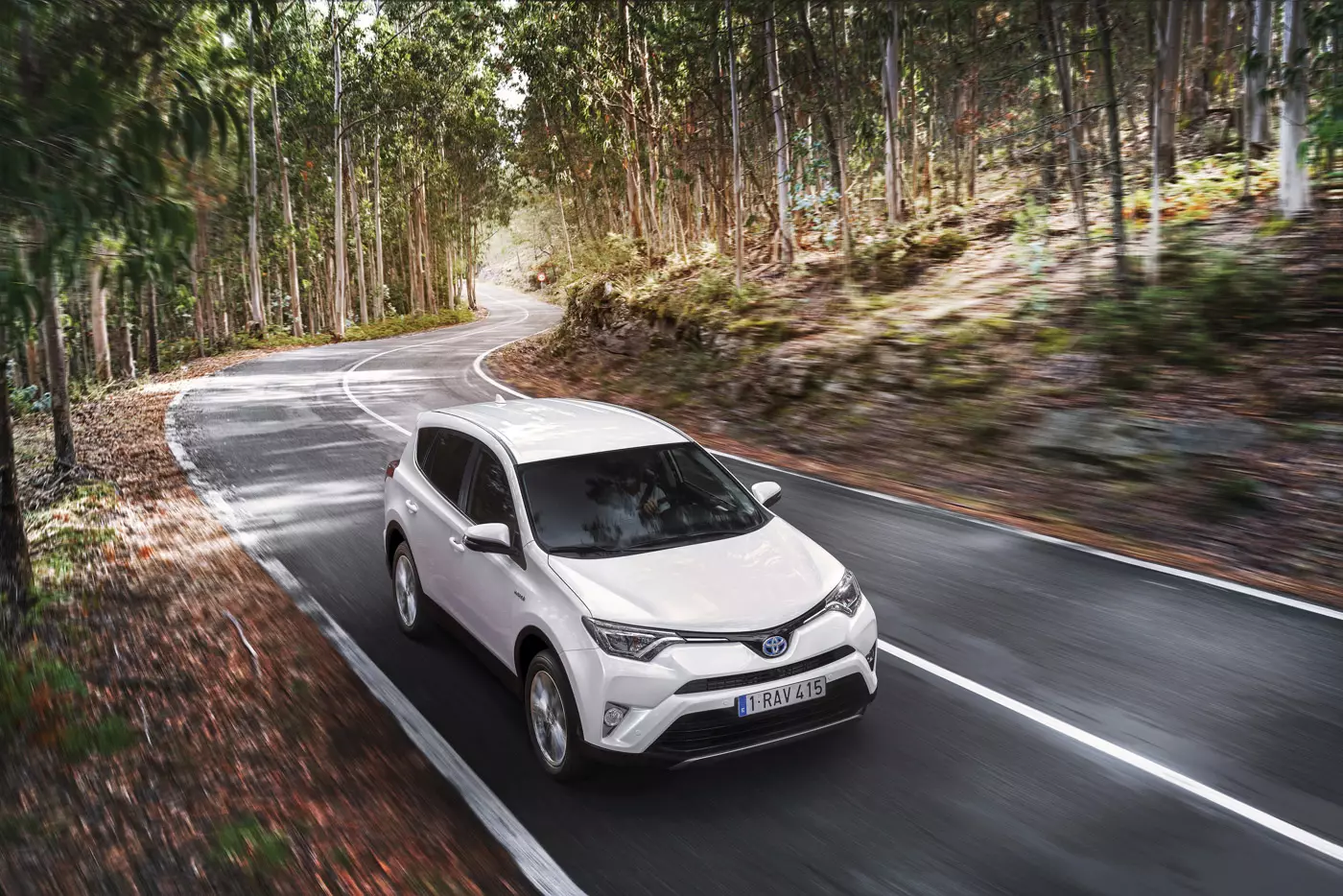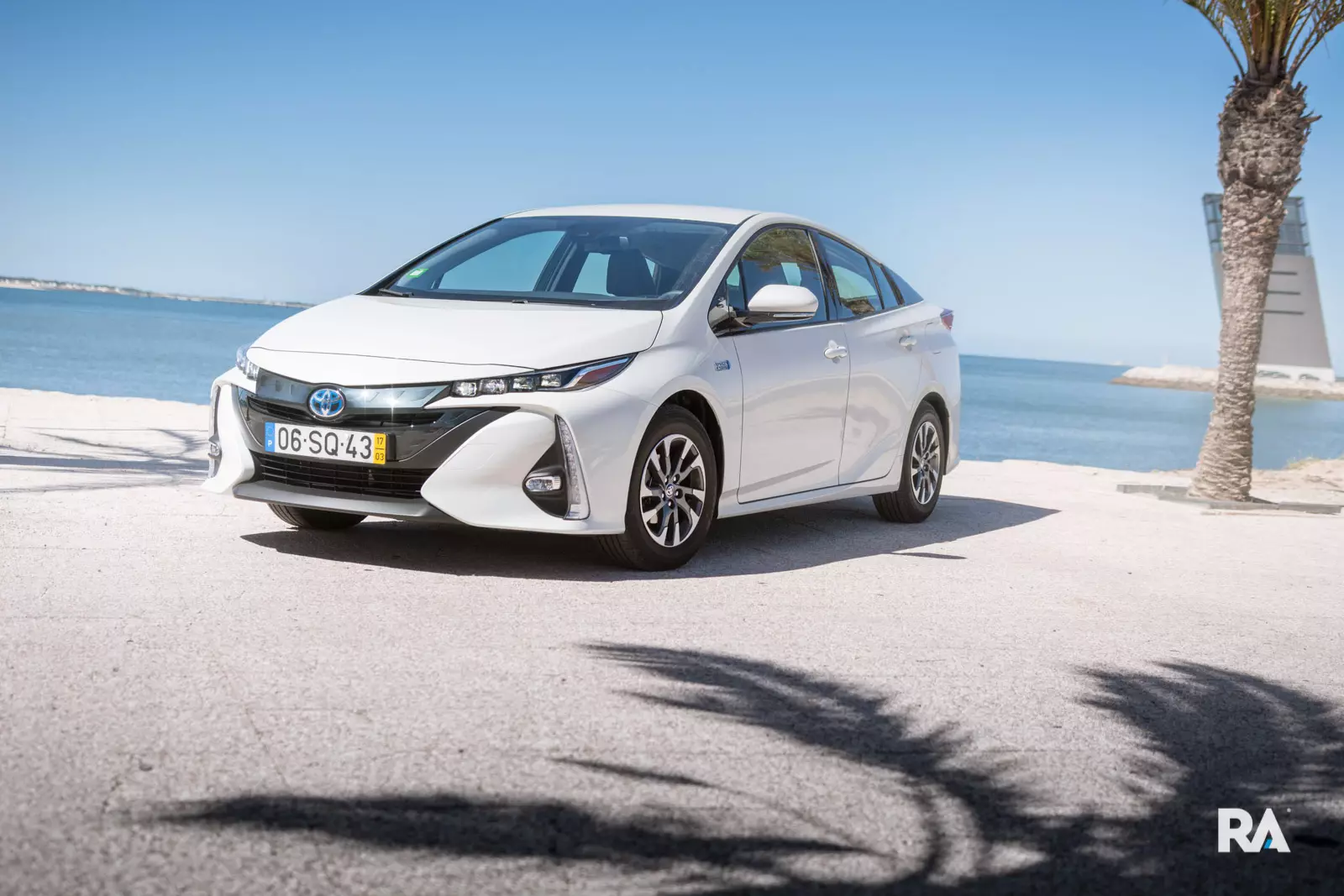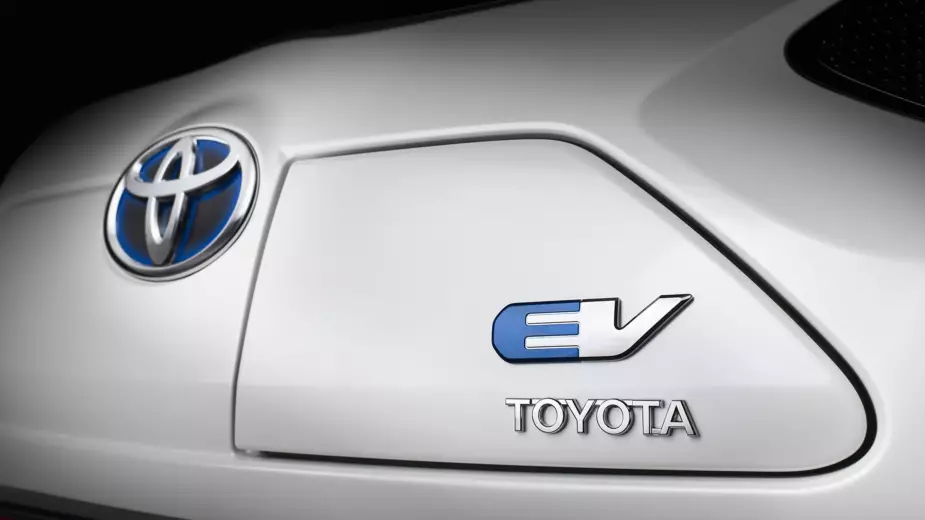Let the hardened ones be disappointed, let the nostalgic ones cry now: the internal combustion engines, which have given so many and such good joys over the last few decades, have already announced their death, for 2050. Who knows, or at least seems to know, guarantees it – Toyota's research and development department director Seigo Kuzumaki. For whom not even the hybrids will escape the wrath!

The forecast, made perhaps as a warning, by Kuzumaki, was made in statements to the British Autocar, with the Japanese official revealing that Toyota believes that all combustion engines will disappear by 2050. will be more than 10% of cars, from 2040.
Seigo Kuzumaki, Director of Toyota Research and Development Department“We believe that, by 2050, we will have to deal with a reduction in CO2 emissions from vehicles, in the order of 90%, compared to 2010. In order to achieve this goal, we will have to abandon the internal combustion engines, from 2040 onwards. Although some engines of this type may continue to serve as the basis for some plug-in hybrids and hybrids”
New Toyota electric family arrives in 2020
It should be remembered that Toyota currently sells around 43% of electrified vehicles worldwide — this year it has reached the milestone of 10 million hybrids sold since 1997. With the Prius being quoted as the model for the Japanese brand with greater acceptance, and even today, it is the most successful electrified vehicle in the world, having sold more than four million units since its launch 20 years ago (in 2016, almost 355,000 Prius were sold on the planet. ).

The 100% electric proposal that sells the most in the world, the Nissan Leaf, is, according to Autocar, around 50,000 units a year.
Future is electric, with solid state batteries
It should also be noted that the Aichi manufacturer has plans to start selling a whole family of 100% electric vehicles as of 2020. Although the initial models may come equipped with the already traditional lithium-ion batteries, announcing autonomy in the order of 480 kilometers, the objective is to equip these vehicles with what promises to be the next step in terms of batteries – solid-state batteries. A scenario that should take place in the first years of the next decade of the 20s.
The advantages of solid-state batteries, in addition to being smaller, promise to be safer while offering substantially better performance than lithium-ion solutions.

“We currently hold more patents relating to solid state battery technology than any other company,” says Kuzumaki. Ensuring that "we are getting closer and closer to manufacturing cars with this technology, and we also believe that we will manage to do so before our rivals".
